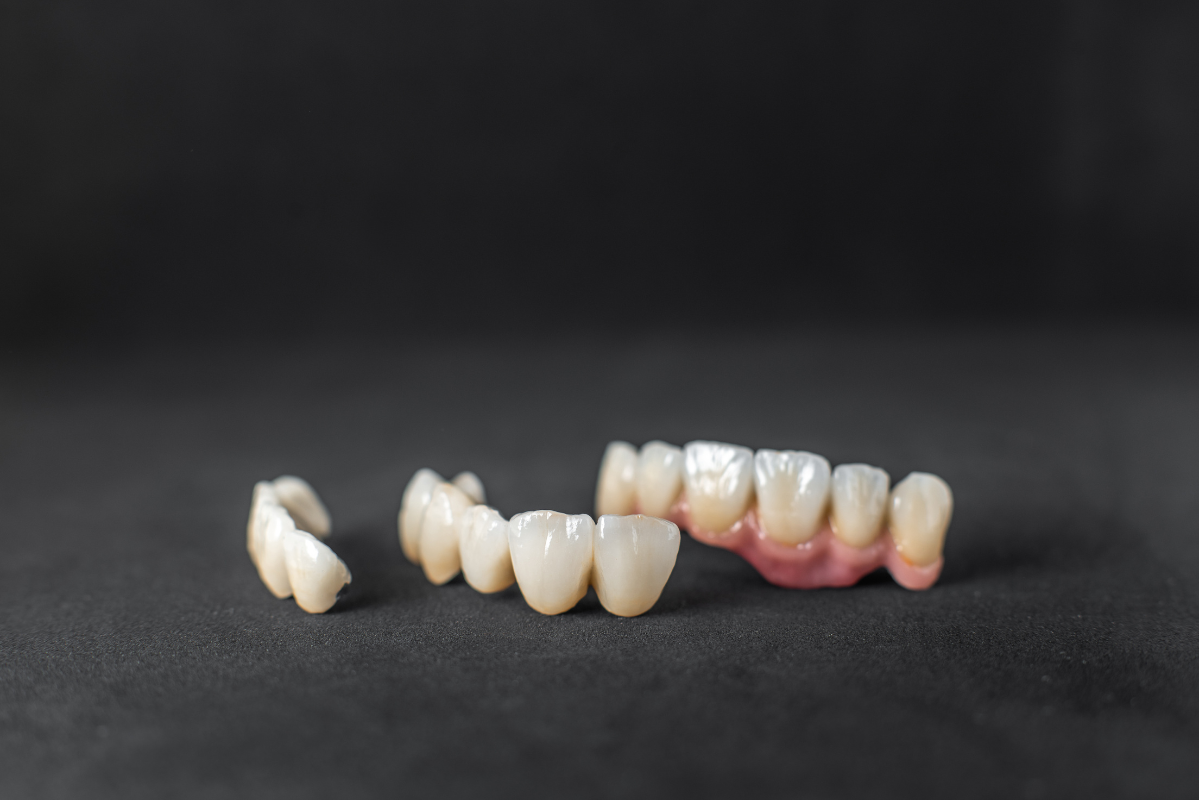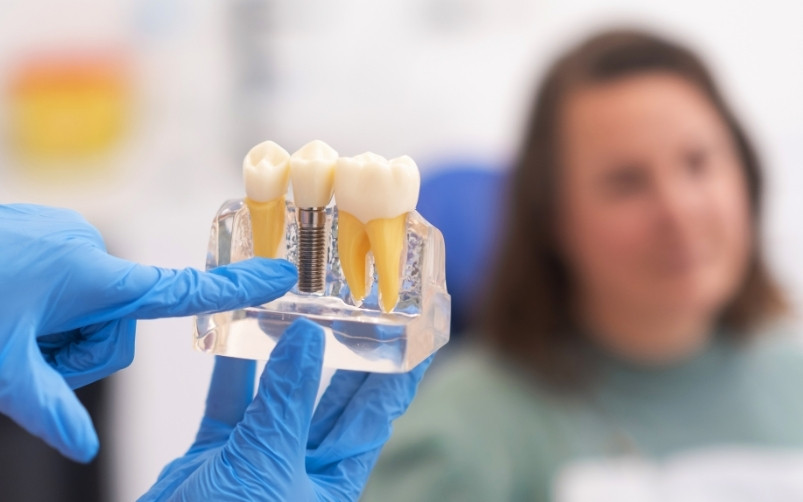
How Long Do Dental Implants Last? Factors That Affect Longevity
December 30, 2024
Dental Implants
Dental implants provide reliable and durable solutions for replacements of missing teeth. This way, these artificial tooth roots have revolutionized modern dentistry. Implants have a natural look and functionality that make them a famous choice. However, many patients wonder how long these solutions last.
Understand the lifespan of these artificial tooth roots and the factors influencing their longevity. It can help patients make informed decisions about this treatment.
Factors That Influence Dental Implant Lonegivity
Below are some of the influencing factors that can affect the longevity of your dental implants Matthews.
Improper Maintenance and Care
It is significantly important for implants, just like actual teeth. Plaque accumulation can cause gum disease that can damage both your jawbone and gums.
If plaque build-up affects the area around an implant, it is known as peri-implant disease. The early stages of this disease are reversible. If you leave it untreated, it can escalate to peri-implantitis. This condition can cause implant failure.
This is the reason you need to practice good oral hygiene, which includes brushing and flossing, limiting the consumption of sugary foods, and scheduling checkups with your dentist every 6 months.
Insufficient Bone
Endosteal implants should remain stably anchored in the jawbone. Implants can fail if there is not enough jawbone present to effectively securely it in place.
Before the placement of the implant, dentists consider a complete inspection of your jawbone. This assessment consists of 3D modeling and X-rays to help determine the quality of the bone of the potential implant site.
People with insufficient bone need a procedure like bone grafting or sinus lifting before receiving an endosteal implant. Your implant can be destabilized with bone loss over time. This can happen due to things like osteoporosis, peri-implant disease, and other medical conditions that badly impact bone health.
Smoking
According to research, implants have a lower success rate in smokers. It has been reported that overall, the rate of implant failure is 11% for smokers, compared with 5% for non-smokers.
Smoking can interfere with blood flow to the affected area, which results in implant failure. It badly impacts osteointegration as well as the healing process. Moreover, smokers can generate gum disease.
Age
Implants may fail in older adults. This is because they may have other underlying bone or other medical conditions. Older adults can experience slower healing.
Treatments or Medications
Some treatments or medications can significantly influence the failure of implants. These include:
- Radiation therapy
- Blood-thinning medications
- Immunosuppressive drugs.
Medical Conditions
Implants can fail due to several medical conditions such as osteoporosis, diabetes, bleeding disorders, a weak immune system, cardiovascular disorders like atherosclerosis, congestive heart failure, high blood pressure, etc.
An Inept Surgeon
Always consider an adept surgeon if you consider implants. Otherwise, you may experience implant failure through improper implant placement, poorly designed implants, attaching a crown before an implant is stable, and tissue trauma during the placement of the dental implants.
If you want to know more about dental implants, feel free to contact our dentists. Our dental professionals have years of experience and expertise and can help you with your questions and concerns.
More Blog Posts

Composite vs. Amalgam Fillings: Which Is Better for Your Smile?
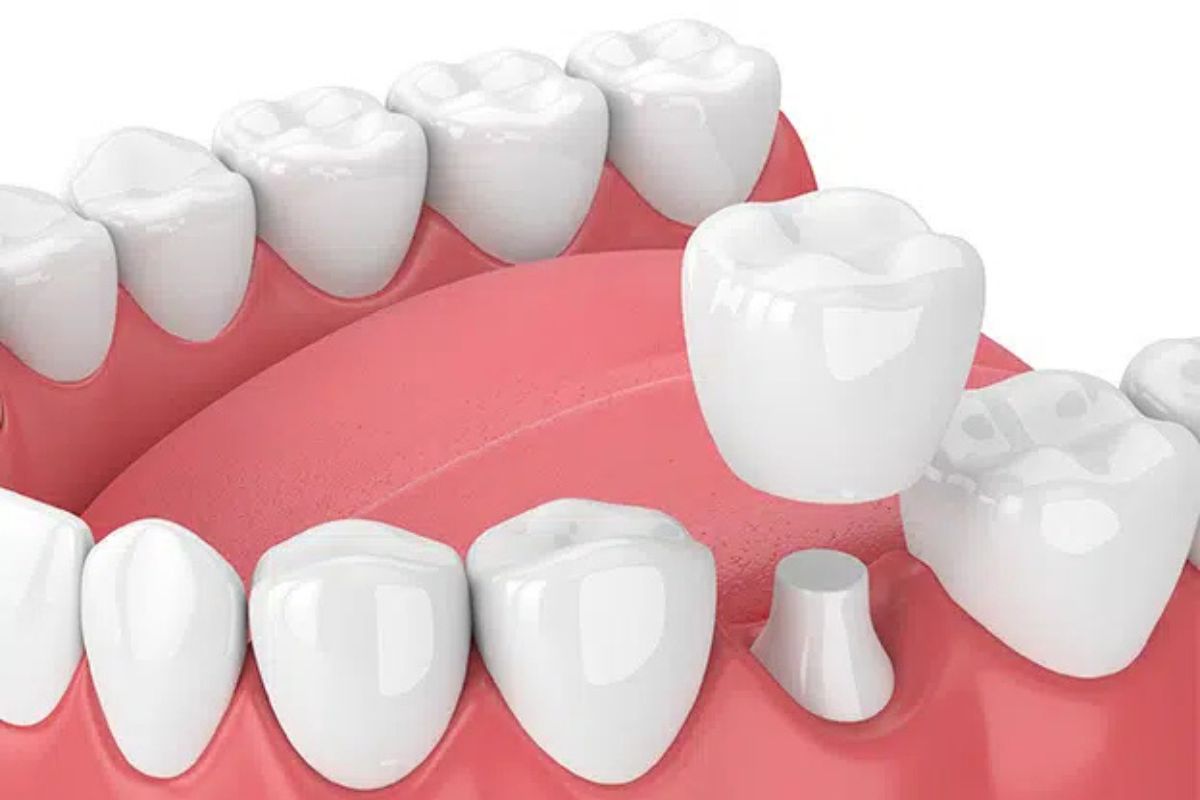
How to Know When Your Dental Crown Needs Replacement
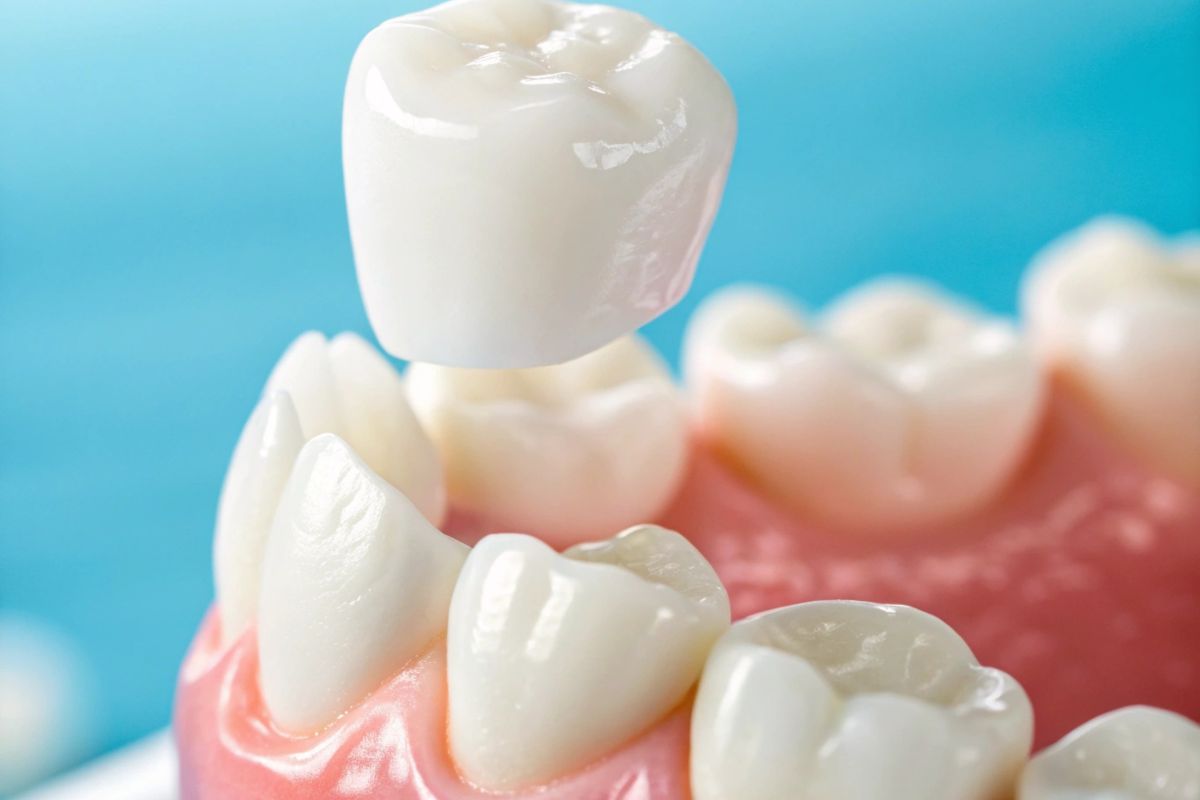
Dental Crown Problems & How to Fix Them
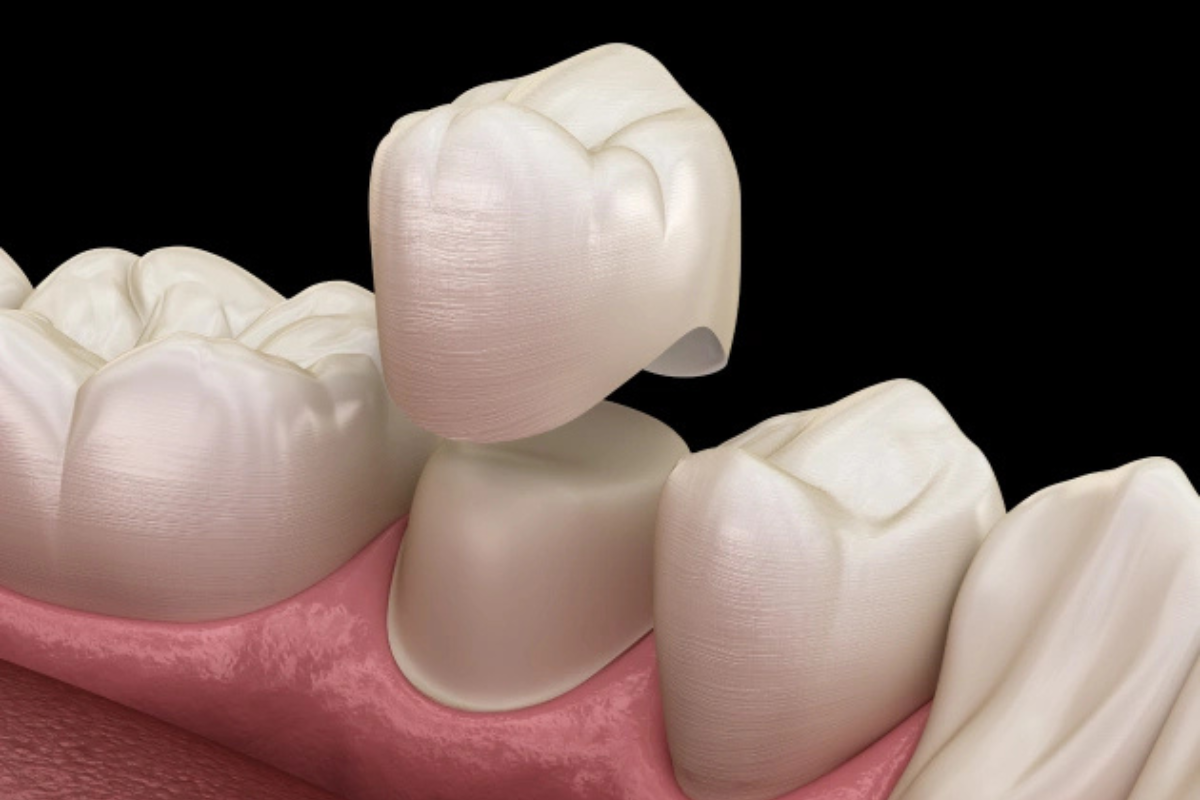
Caring for Your Dental Crowns: Do’s and Don’ts
